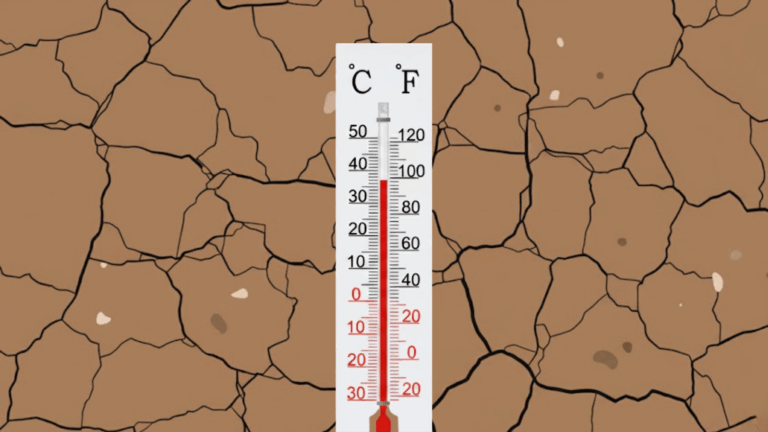This website uses cookies as well as similar tools and technologies to understand visitors’ experiences. By continuing to use this website, you consent to Columbia University’s usage of cookies and similar technologies, in accordance with the Columbia University Website Cookie Notice.
In a flurry of Inauguration Day actions to promote his “drill, baby, drill” agenda, President Trump issued an executive order declaring a “national energy emergency.” He also directed the Department of Energy to restart reviews of permits for the export of liquefied natural gas (LNG) “as expeditiously as possible.” But experts say there is no factual basis for Trump’s “national energy emergency,” with the amount of oil and gas produced in the U.S. soaring to record-breaking volumes during the Biden Administration. And Presidential orders do not direct the actions of FERC, an independent federal agency that reviews LNG terminals.
More News
Russia LNG ban may block EU purchases, not just imports – experts
EU’s 2027 Russian LNG ban could bar companies from buying and re‑exporting cargoes, complicating long‑term off‑take contracts and trade, experts warn.
Naturgas abre debate sobre el futuro del gas natural en la era de la IA y la transición energética
El Foro Regulatorio Internacional 2025 reunirá a líderes y expertos para analizar cómo los cambios tecnológicos y la IA redefinen el marco regulatorio del sector energético.
China’s bearish LNG market to continue into 2026
Bearishness sentiment pervades in the Chinese LNG market as the nation’s gas demand continues to fall. “Unless imports are massively picking up i...
Relevant
Publications
Six Key Issues That Defined Climate Week 2025
CGEP scholars reflect on some of the standout issues of the day during this year's Climate Week

Signed But Not Sealed: The Geopolitics Behind Power of Siberia 2

How Qatar’s LNG Decisions Will Impact an Oversupplied Global Market
Qatar is entering the world's next LNG expansion phase with a large share of uncontracted supply, and how it will navigate this phase is the central uncertainty in the LNG market.



